Shogo Nishiwaki (Sign language artist) – Storyteller of the appeal of deaf community
2025.04.08
A representative director, TWOLAPS
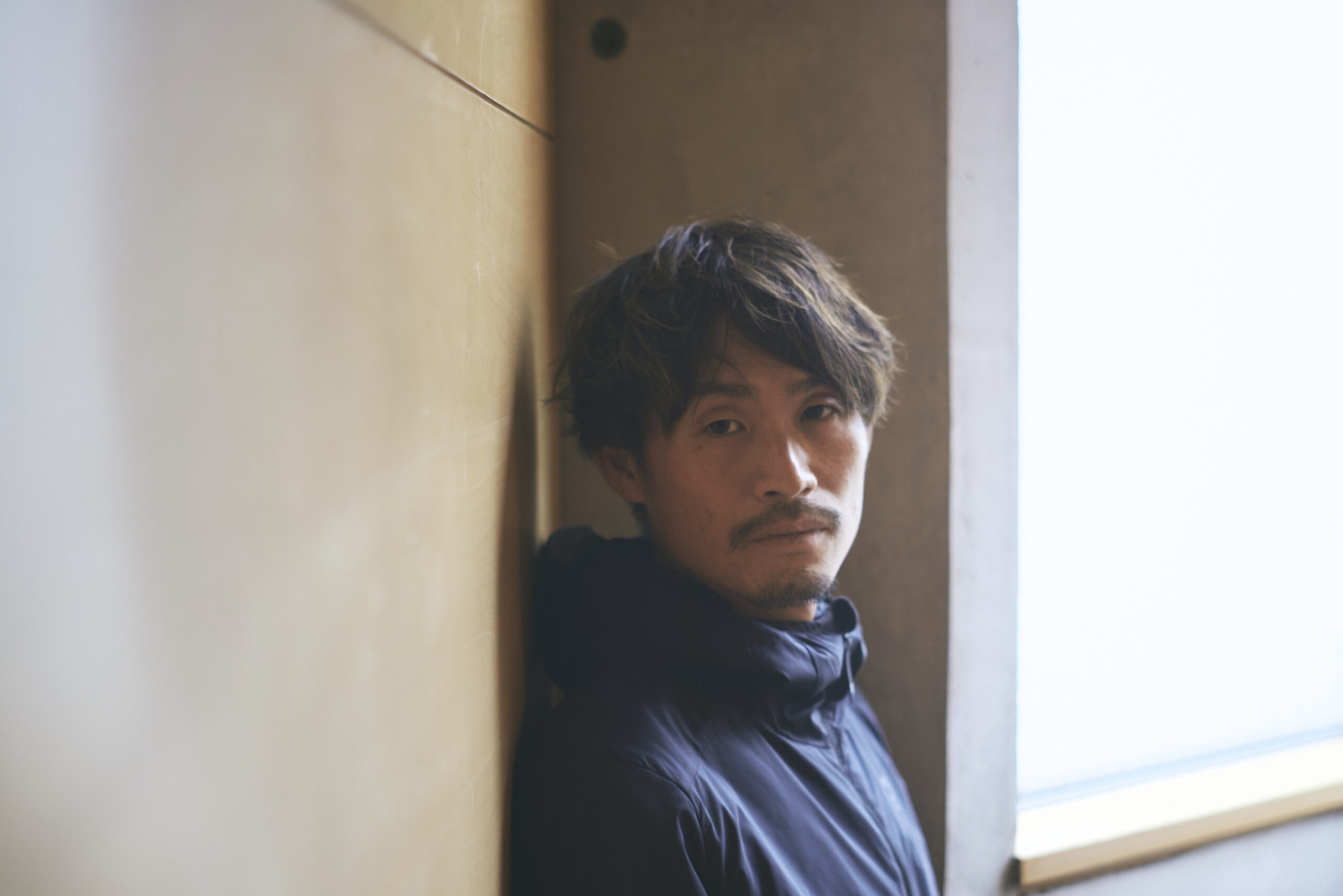
2024.04.03
He is an outlier in the world of Japanese track and field.
A former Japanese record holder in the men’s 800m, he has competed in the Olympics and the World Athletics Championships, as well as obtained his CPA license in the United States.
During his active career, he did not have a coach, and has developed his athletic ability by thinking for himself.
His “ability to think” led him to create Japan’s only middle- and long-distance track club, the “TWOLAPS TRACK CLUB”.
What does Yokota, who is also a shrewd manager, think about the future of track and field and the value of the sport?
―You retired in 2016 and became the head coach of NIKE TOKYO TC the following year. Why have you made this decision?
Yokota I was preparing to go to a graduate school for a second career, and NIKE happened to ask me if I would be interested in starting a club team in Japan for middle-distance and long-distance running, like the ones in the United States. There are many excellent coaches in Japan, and I didn’t want to be a coach in the first place. However, while ekiden and marathon races are popular content, track events are not very exciting. When I thought about the reason for this, I have been aware of the problem since my active career that there would be no sustainable development the sport unless it became commercially successful. It is not just about results, such as improved competitiveness and medals, but also about promoting the sport and returning its value to society as a business. I started because I felt that it would be interesting to realize this through NIKE TOKYO TC.
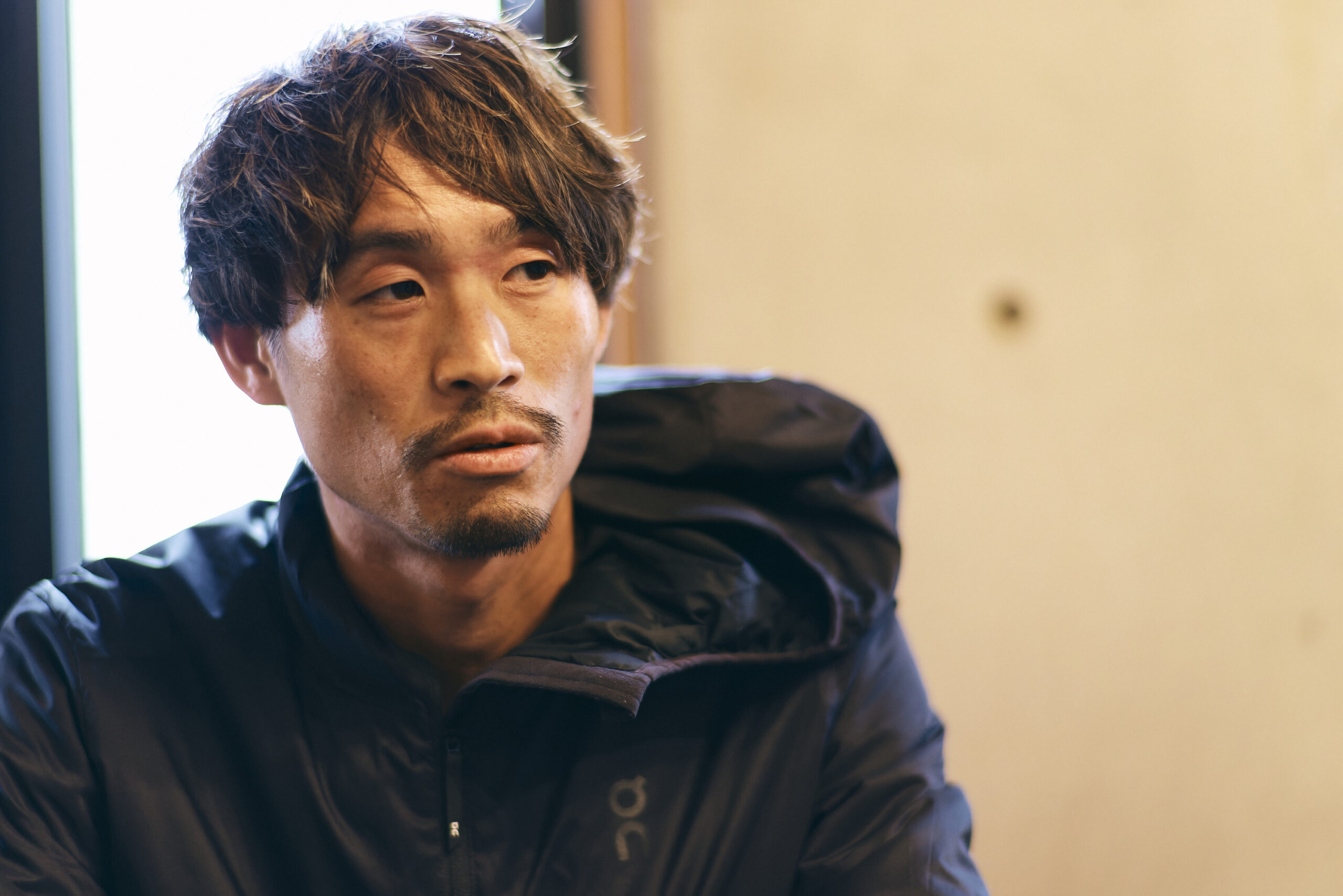
―You then launched TWOLAPS TC in January 2020. Please tell us how and why you come to this.
Yokota NIKE TOKYO TC was dependent on NIKE as its business structure, and there was a bit of a gap between what I was aiming for and what I wanted to do. I wondered what kind of structure would allow me to do what I wanted to do. When I think so, I strong believe that the best way to this is not depending on a single company, but forming a network with the help of various organizations, including government, for example, having sponsors for each athletes and holding competitions to connect with sponsors. That’s why I started up TWOLAPS TC. What I learned at NIKE TOKYO TC definitely lives on in the current TWOLAPS TC team.


―What exactly was the form you were aiming for, Yokota-san?
Yokota I believe that competition is the center of value in any sport. How could we make the competition attractive and attract money and attention? That was the starting point of our thinking. However, at first I thought it would be difficult to create a competition, and I thought I would brand the team and try to build a fan base. We launched TWOLAPS TC in 2020, but soon after that it became the coronavirus pandemic, and there were no more competitions for middle and high school students. We then set out to create a “virtual” competition. We built a system that allowed runners to upload videos of themselves running, and held virtual competitions to see how fast they could run. This created quite a buzz, and we were able to get off to a good start under unforeseen circumstances.
In 2021, we launched a realistic middle-distance race, the MDC (Middle Distance Circuit). This event aims to become the world’s premier grassroots race, and as it enters its fourth year, the scale of the event is gradually expanding. We have received a lot of positive and negative feedback, but when someone said to me, “This is not athletics,” I found out we were moving in the right direction.
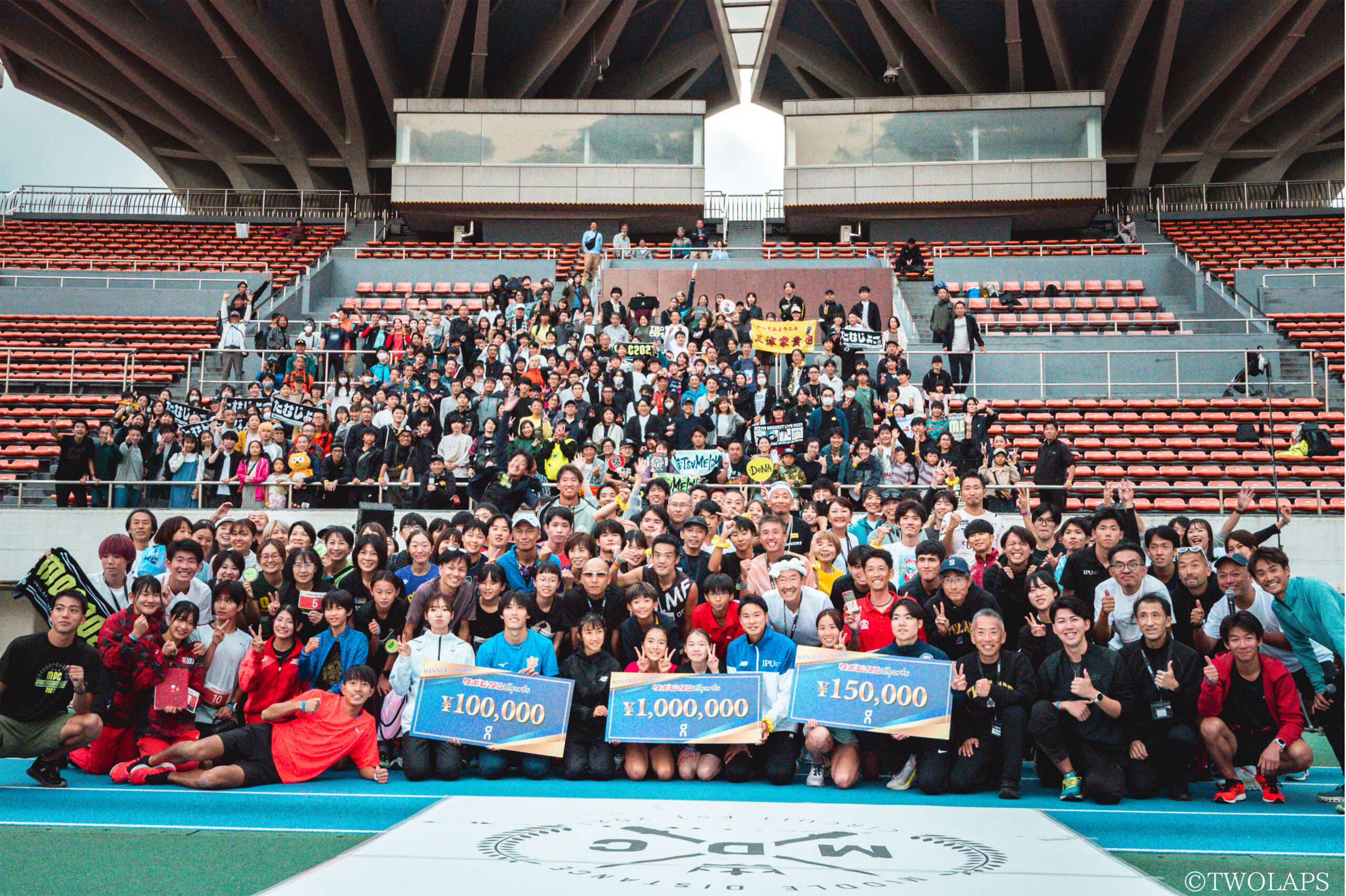
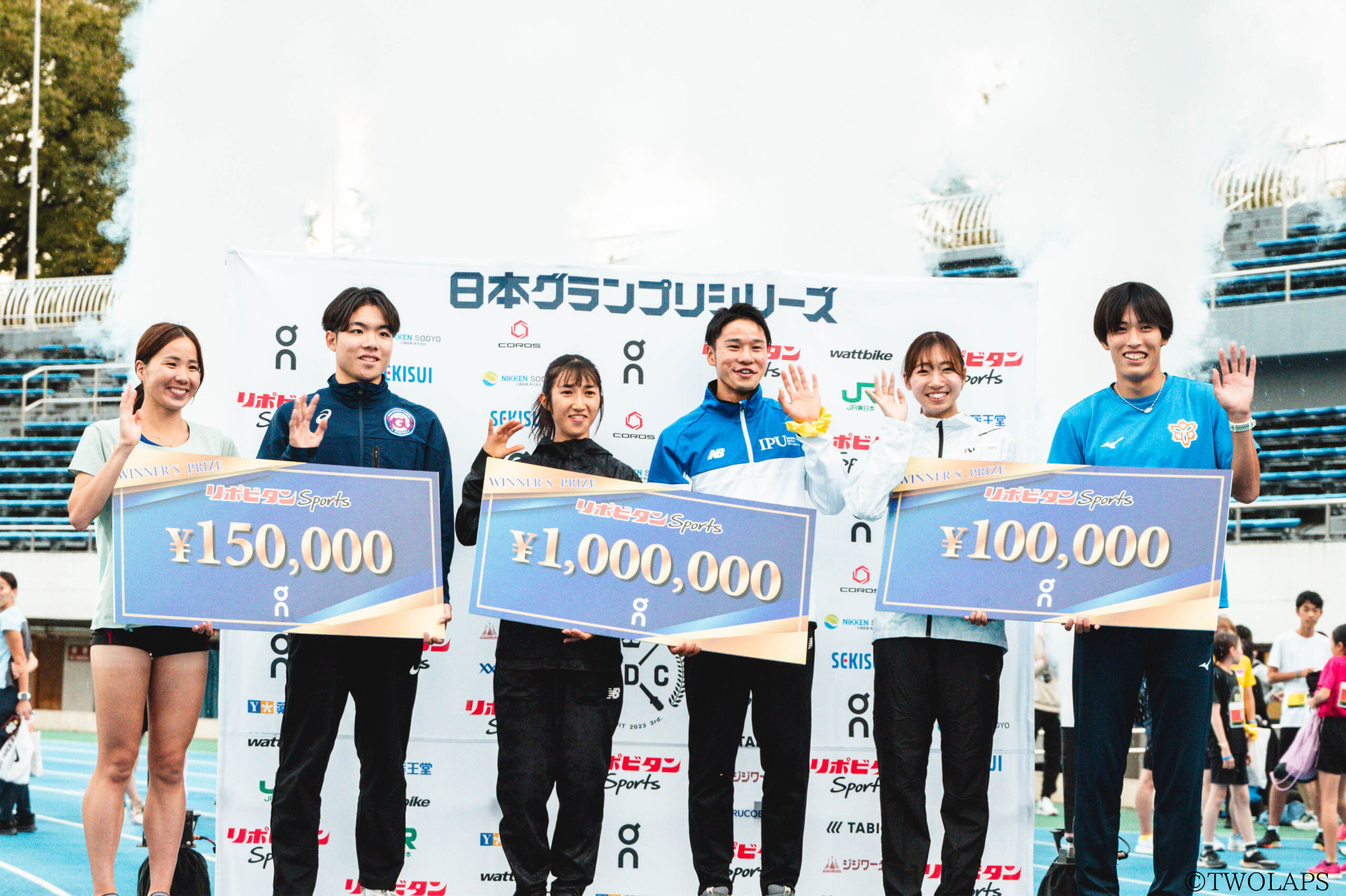
―There are various types of competitions in Athletics. Did you want to create something different from these competitions?
Yokota Athletics competitions have an interesting structure, and it is difficult to consider who the customers are. For example, if it is the Tokyo Marathon, the customers are the runners; about 30,000 people participate and pay an entry fee. The basic structure of other athletics competitions is the same.
However, there is no further expansion than that. In every sport, there are various people who “play,” “watch,” and “support”. Among them, Japanese athletics has not been able to appeal to the “people who watch”. I feel that this is a major issue, and at TWOLAPS TC, we would like to pursue how we can make our competitions more interesting
―How do you think this can be achieved?
Yokota In order to do so, it is important to clarify what is important about the competition. I also hold a position in the Japan Association of Athletics Federations (JAAF), and I tell them that they need to categorize and promote their competitions in a way that is easy for spectators to understand, whether they are competition-oriented or entertainment-oriented competitions. TWOLAPS TC really focuses on the spectators. We feel that if we can do it in the middle-distance race, we can expand it to other disciplines, and that’s what we’re focusing on right now.
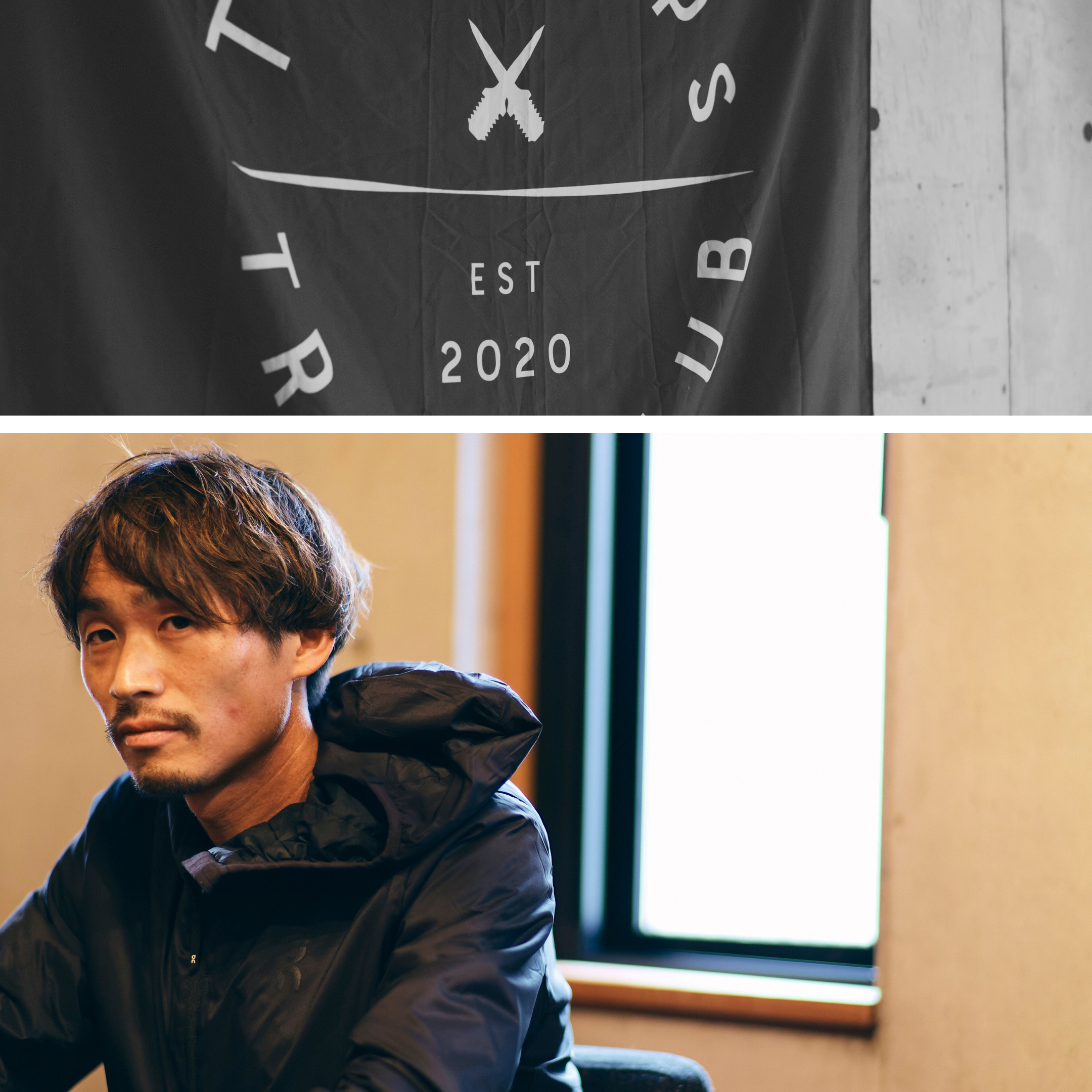
―What exactly would an entertainment-oriented tournament look like?
Yokota You can start with small things. For example, if it were baseball, we would reduce the time spent on each pitch in order to shorten the interval. I think the time that the spectators can endure is probably about two hours. In athletics, in Japan, we cut off at a convenient time, such as 8:00 or 8:10. We do not cut it like 8:07 or 12 minutes to match the actual competition time. Even though we know that this would create “nothing time” for the spectators. But overseas, they do it as a matter of course. Having empty time itself is not good for the spectators, and I think just reducing it would make a big difference.
It is also not a good idea to have multiple competitions going on at the same time. I don’t think this is a good experience for either the spectators or the competitors. You never know which way people’s eyes will go when Japanese records are set at the same moment. How is that staging for the athletes who have put their lives on the line for that one moment?While I understand This is a custom that is a major characteristic of athletics, I believe that there is a great idea to hold the competition by dicipline.
―It is true that you can’t tell when you are watching at the stadium or on TV if you are doing it at the same time.
Yokota What is important in sports is how much you can engage the lightweight spectators. We need to make it easy to understand for people who do not have a high level of knowledge or interest in the sport, but who have come to the venue, and make them want to come back again. I would like to see TWOLAPS TC create the areas that have not been fully filled in the current Japanese Athletics world.
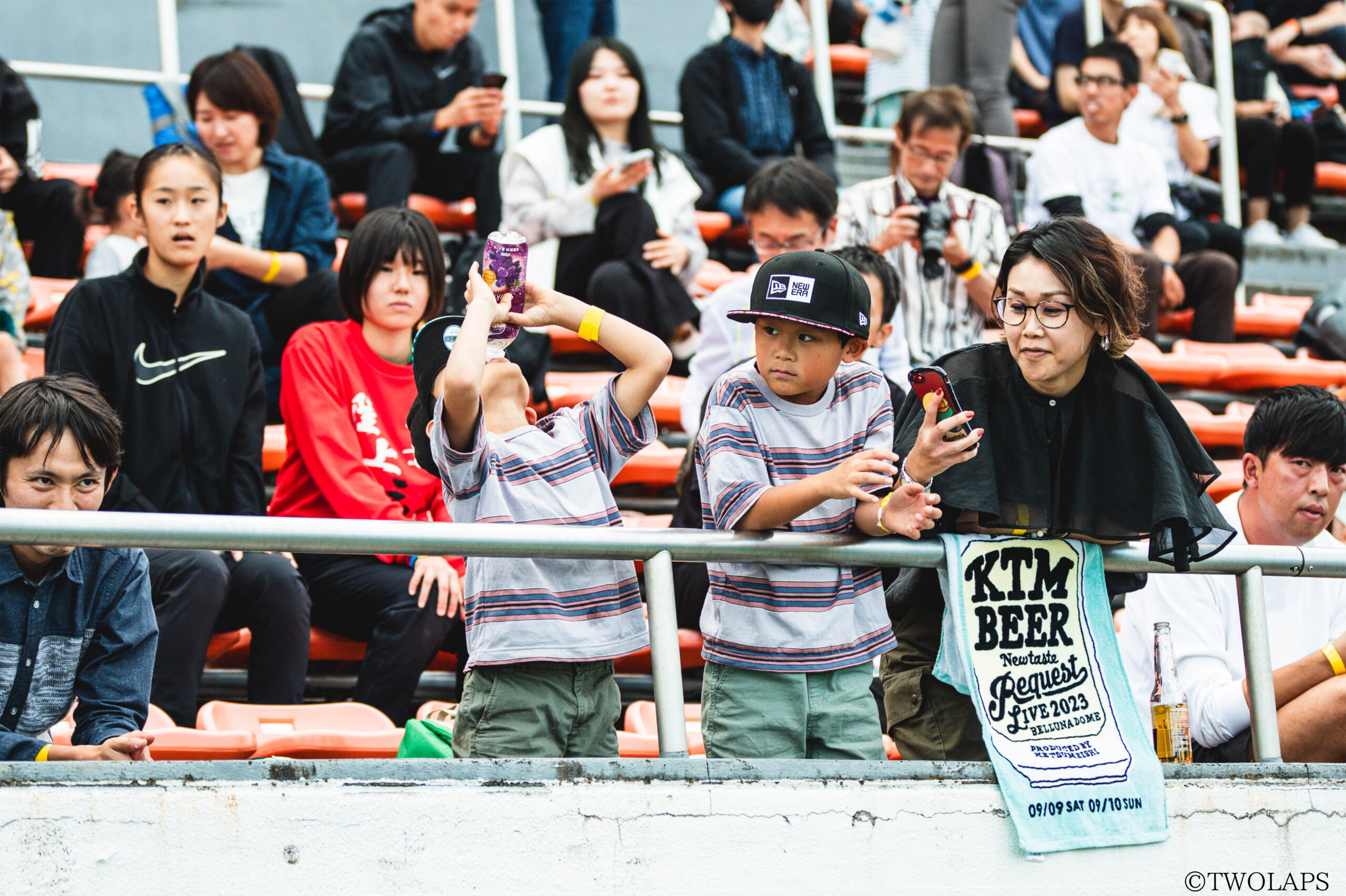
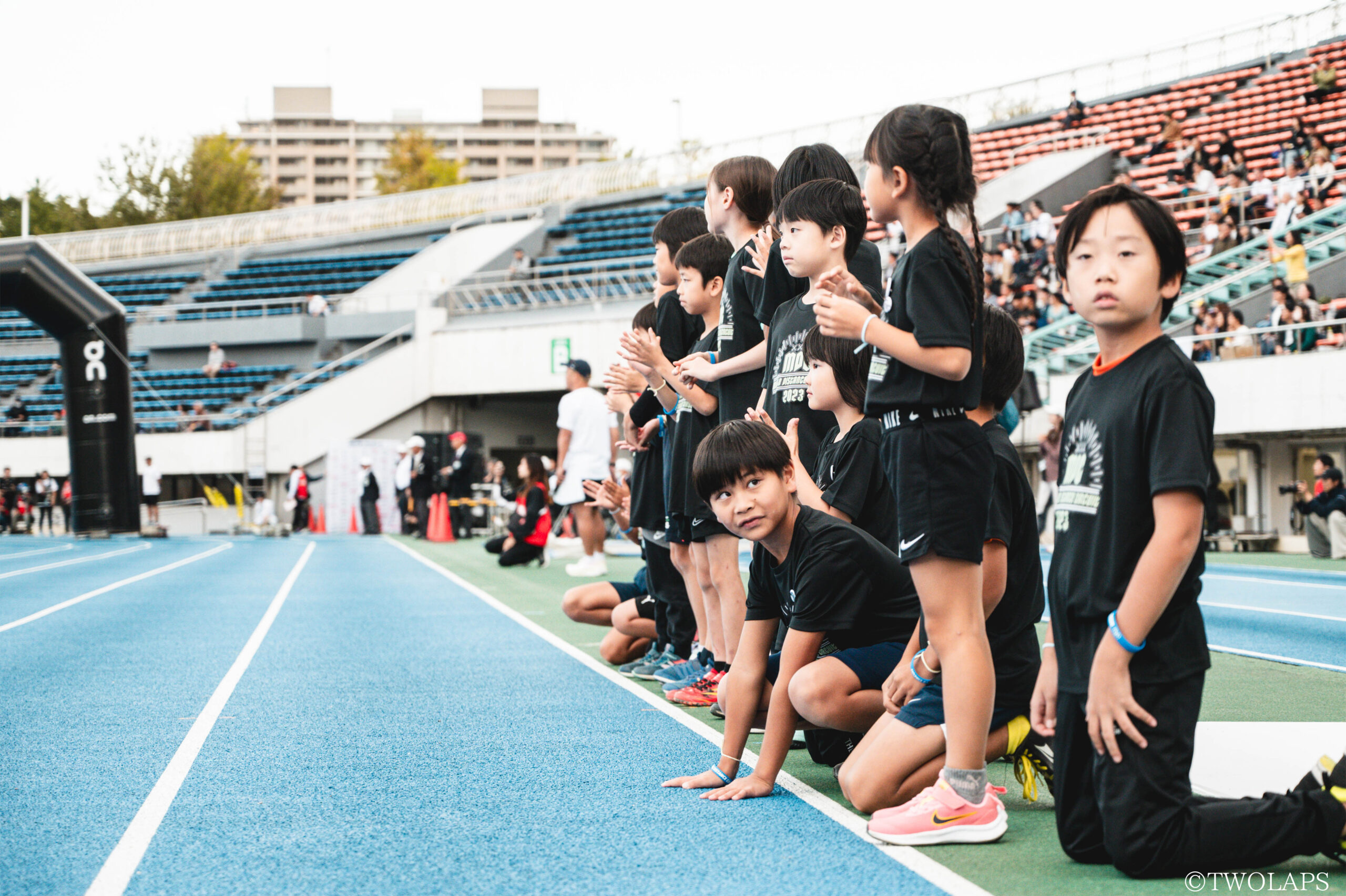
―What is the most important policy for the operation of TWOLAPS TC?
Yokota One is to support athletes to optimize and maximize their own goals and objectives for competing. The other is to create a system to monetize the sport of athletics. Creating value in Athletics, and turning running into content. It then connects with local people, and they connect with companies. This becomes new value, and economic activities are born more and more. We want to be a pioneer in this field. Using the assets that athletes have as an example, the of training will be transferred to citizen runners and kids’ schools. In terms of nutrition, we will introduce the community to what athletes are eating. I believe that the value of sports is to connect people with each other, and creating a place that creates that “connection” is what TWOLAPS TC aims to do.
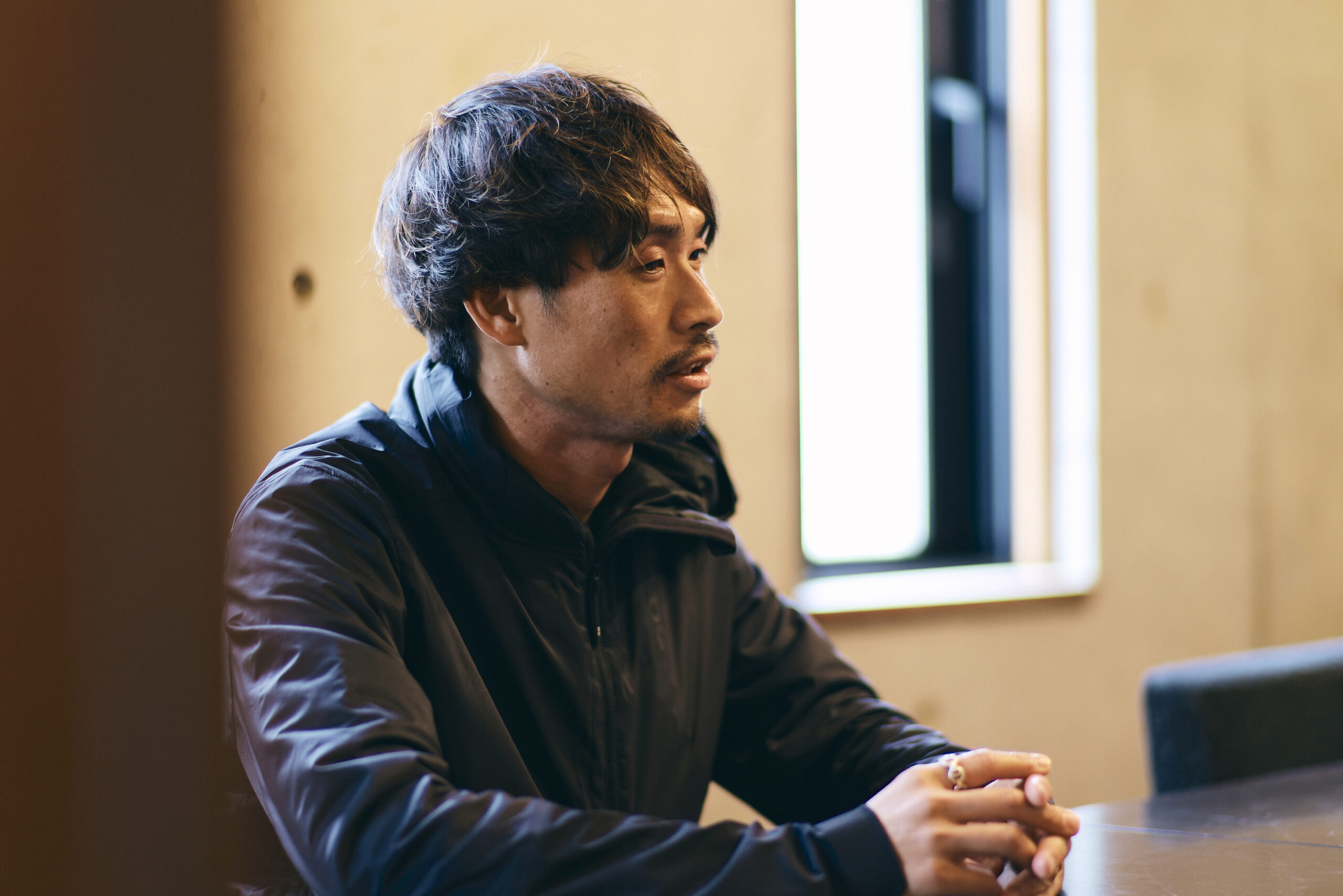
―I know that you often receive advice from athletes about their careers after they retire from competition, how do you support them?
Yokota What I always say is, “don’t divide your career into first and second. While living as an athlete, I believe it is necessary to clarify why I am competing and what message I want to convey to society. For example as Hitomi Niiya (Participated in London 2012 and Tokyo 2020 Olympics) in our team, knowledge of proper nutrition, health issues faced by female athletes, and how to deal with competition are some of the things she wants to convey with results. We work with companies that support this. If we have contact with society in the form of transmitting something through competition in this way, we can naturally return our value to society. In order to make money, not just in sports, it is important to think and act on what you feel is of value. As you put it into practice, your career may lead directly to the line. Even if they don’t connect, if they are the result of thought and action, they will live on in the next career.
―The experience gained as a result of your own thinking and action can be useful for something.
Yokota Some students who were at TWOLAPS TC have also graduated and joined major companies. At our company, I can gain experience in accounting and other areas in the course of creating competitions, so you can do that as a normal part of your job. What we have done in TWOLAPS TC is naturally connected.But of course there are times when you want to focus on competition, so rather than forcing yourself to do something with your career in mind, I believe that simply creating MDC together will be enough to help you understand, embody, and communicate your values and thoughts.
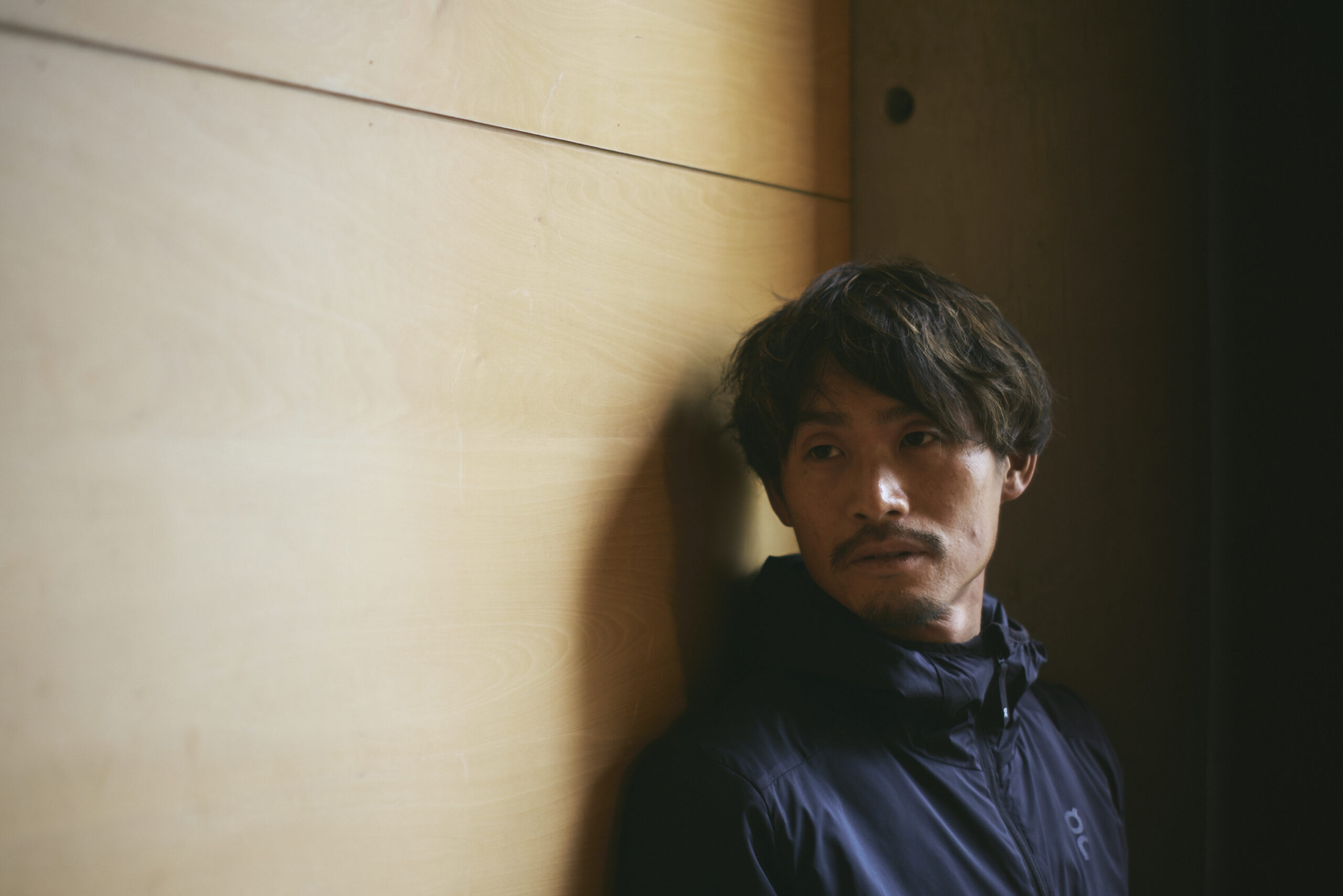
―Do you think it will be important to create a system to further increase the popularity of Athletic competitions in Japan in the future?
Yokota We need to create role models for organizations that monetize properly. But it is not good to end it with “it was possible because of TWOLAPS TC”. From the larger perspective of the future of the Athletics world, I hope that more teams will try creating similar role models and different forms too. It is really a business to make money through a system rather than individual.
It is also important how much content we can create to increase contact with our fans. Can we keep doing that foolishly even if you don’t see immediate results? Then how do we monetize it from there? TWOLAPS TC is just starting to come around and is slowly taking shape.
―What is the size of the business you are aiming for?
Yokota We want to go beyond the Athletic Federation. As a benchmark to aim for, I think it is not an insurmountable level. I think it is important to aim for that scale in order to become a role model, and to create that in a way that has never existed before in the world of athletics. We would like to change the conventional norm of “play, watch, and support” in a positive way. Just thinking about it is exciting.
―In that sense, I think World Athletics Championships Tokyo 25 will be a great content. What do you think is the significance of holding the World Athletics Championships Tokyo 25?
Yokota Since we were not able to watch the Tokyo 2020 Olympic Games at the venue, I think the World Athletics Championships Tokyo 25 will have great significance for athletes and someone related. One of the missions of TWOLAPS TC is to “fill the stadiums”, and I believe that it is the value of sports which has more people will start to run and more children will have dreams. In that sense, if World Athletics Championships Tokyo 25 gets excited and people become more interested in the competition, I think what TWOLAPS TC is doing will become more expansive and connections will be made. I hope that this will lead to a paradigm shift in the Japanese Athletics world with regard to getting people to watch Athletics competitions. I hope that the entire Athletics world will come to have a perspective on attracting spectators and marketing.
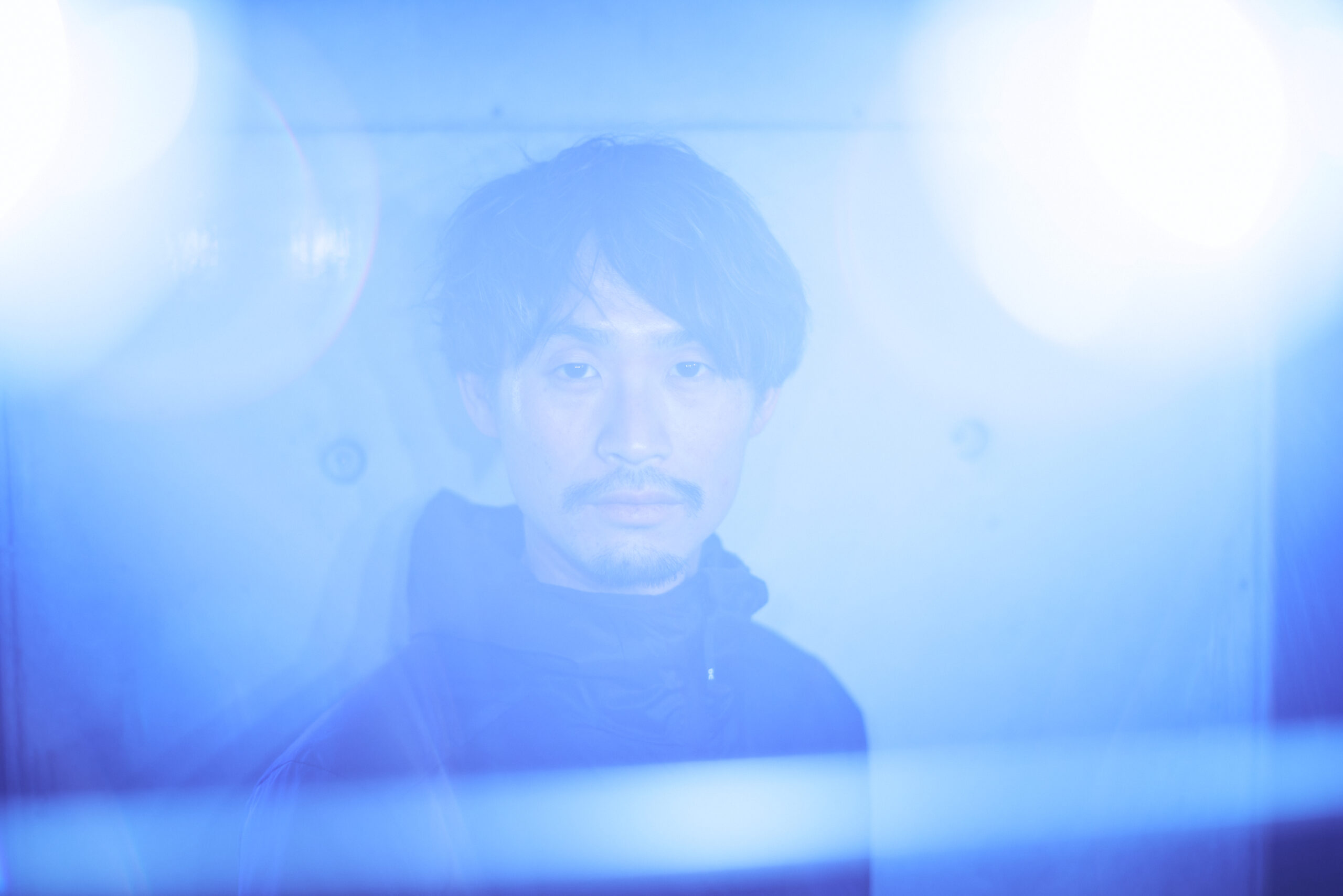

―Are there any athletes in the World Athletics Championships that you are keeping an eye on or would recommend?
Yokota To be very irresponsible, I would like Niiya to participate in. I won’t tell her. But I think so. So please write it down. I sympathize with her idea that the Olympics and World Athletics are not the only sports, and I support her. But as a fan, I would like to see her running on a big competition once more.
I participateed in the World Athletics Championships Osaka 2007 as the host country. That was an opportunity that changed my way of thinking, and I began to look at the world. So I hope that the World Athletics Championships Tokyo 25 will be another event where young athletes can make a leap forward and gain some momentum.
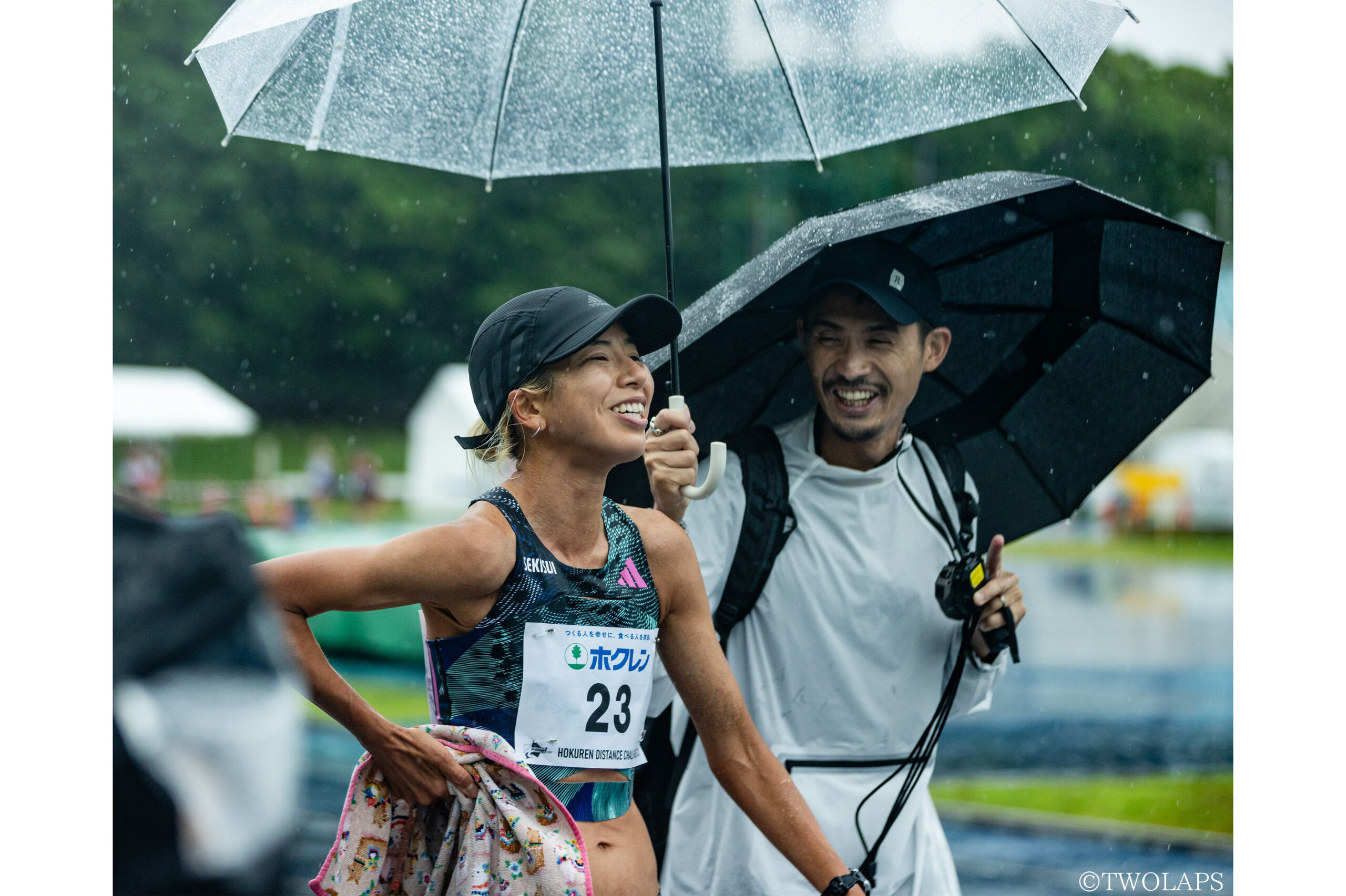
―Finally, please give a message to your fans who are looking forward to the World Athletics Championships Tokyo 25.
Yokota I am sure that the athletes and the management will surely make the World Athletics Championships Tokyo 25 an interesting competition. Not only famous athletes, but each athlete has a lot of charm. Please come to the venue to feel them!
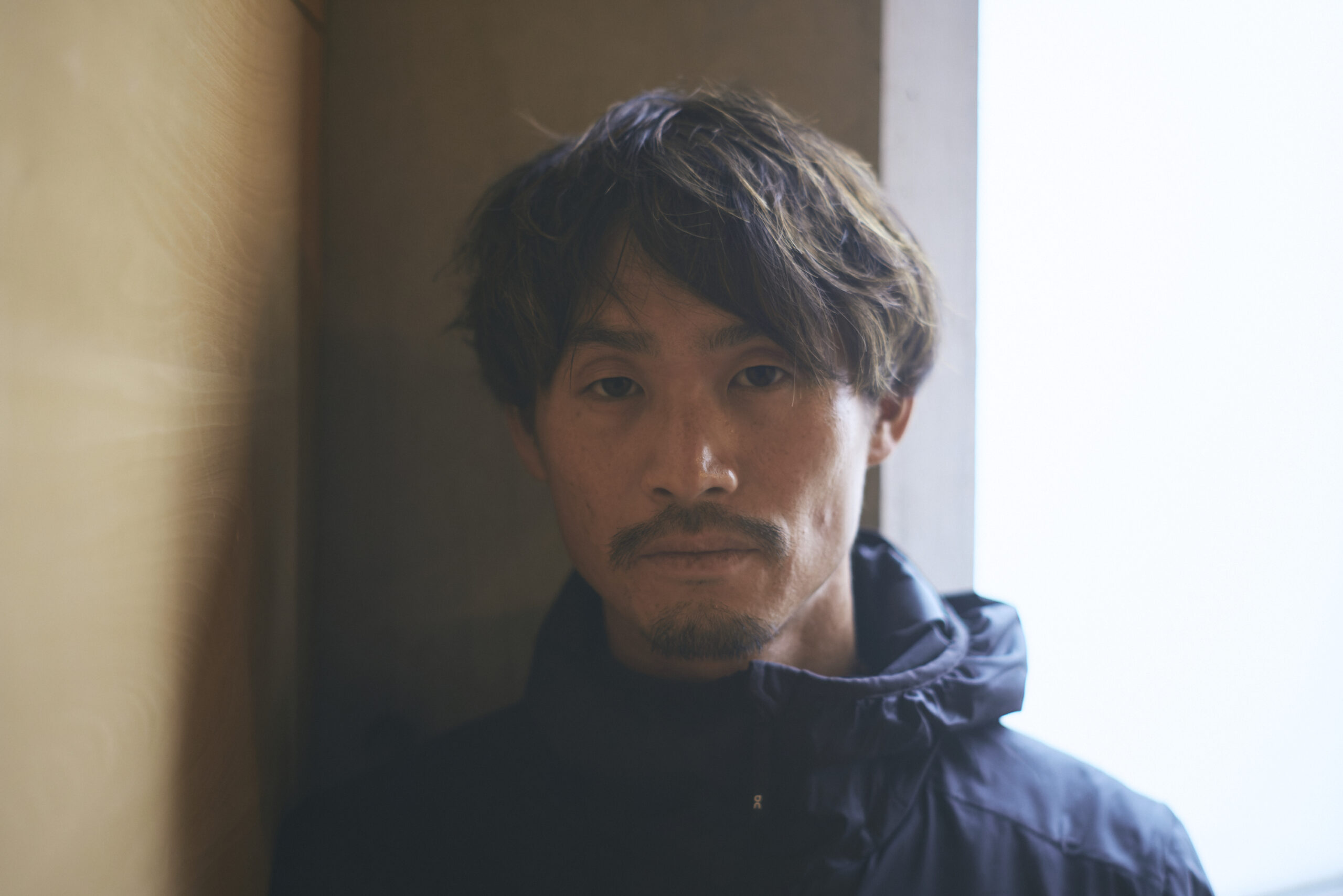

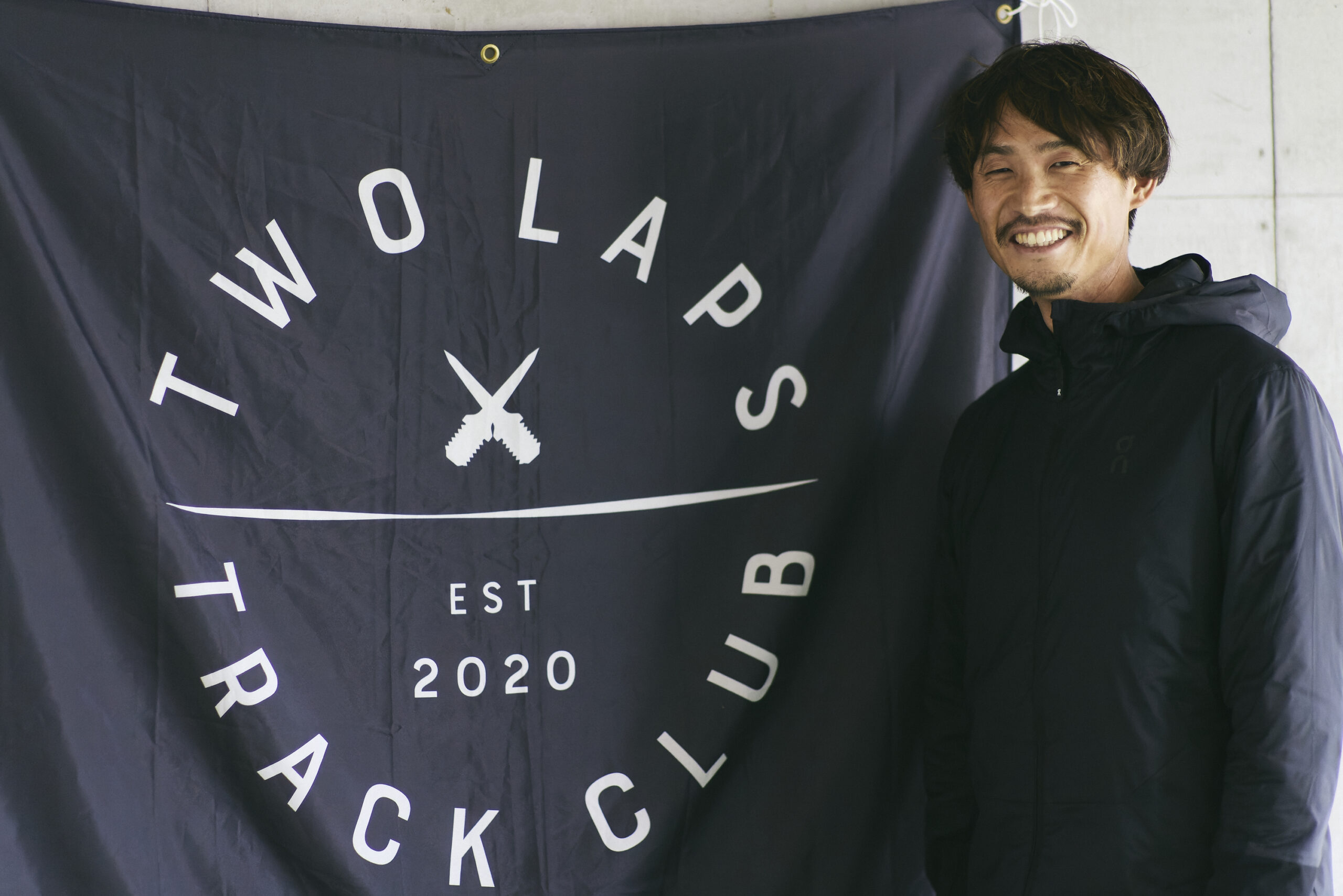
Masato Yokota/ Born in Tokyo
A representative director, TWOLAPS
A former Japanese record holder in the men’s 800m track and field event, he was a member of the Fujitsu Track and Field Club during his active career. Participated in World Athletics Championships Osaka 2007, Daegu 2011, and London 2012. He has won six Japanese Athletics Championships. After retiring in 2016, he became a NIKE TOKYO TC coach in April 2017, and launched TWOLAPS TRACK CLUB in January 2020. His motto is “custom-made coaching” for each individual athlete, based on his own experience of competing without coaching. He values communication with players most of all.
He is a certified U.S. CPA and is also an active manager, working with various sports-related businesses.
Instagram:masato_800
X:@MASATO_800
<TWOLAPS TRACK CLUB>
Web:https://twolaps.co.jp/trackclub/
Instagram:twolaps_tc
X:@twolaps_tc
2025.04.08
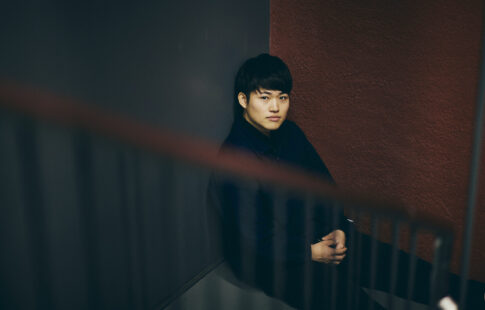
Eyes filled with conviction. Sign language in which thoughts are spun together. Growing up in a deaf world, le […]
2025.04.08
Eyes filled with conviction. Sign language in which thoughts are spun together. Growing up in a deaf world, le […]
2025.02.28
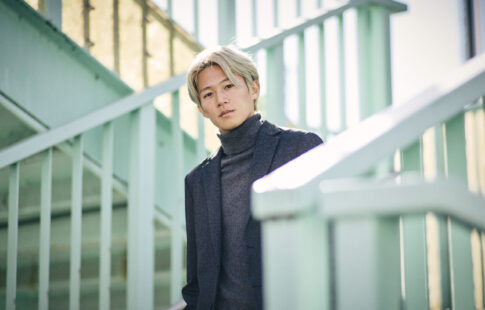
An influencer who is now widely accepted by the general public, Takaya Mitsuka. The dream stage that he arrive […]
2025.02.28
An influencer who is now widely accepted by the general public, Takaya Mitsuka. The dream stage that he arrive […]